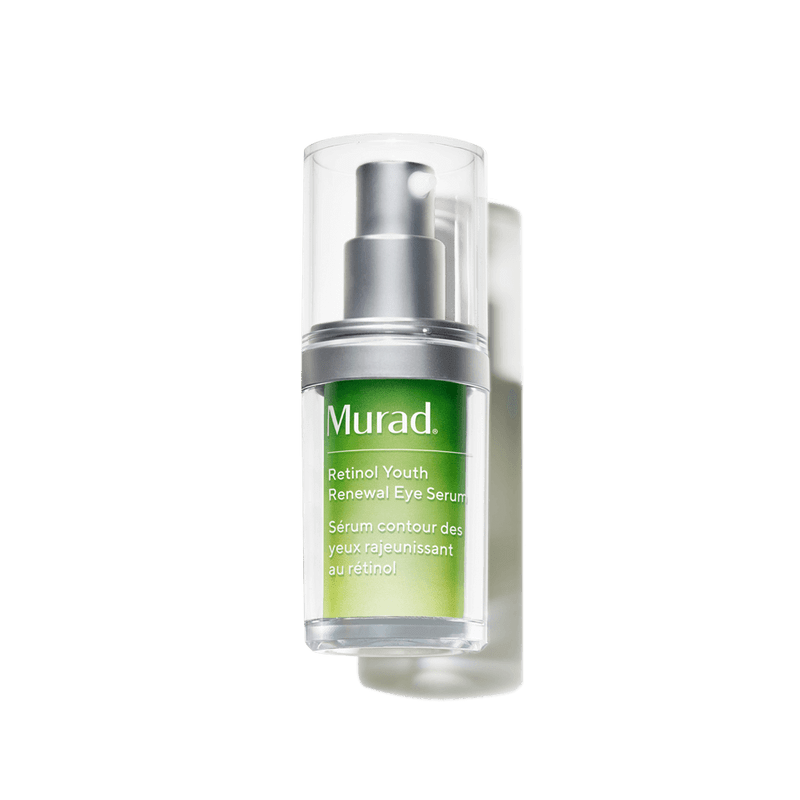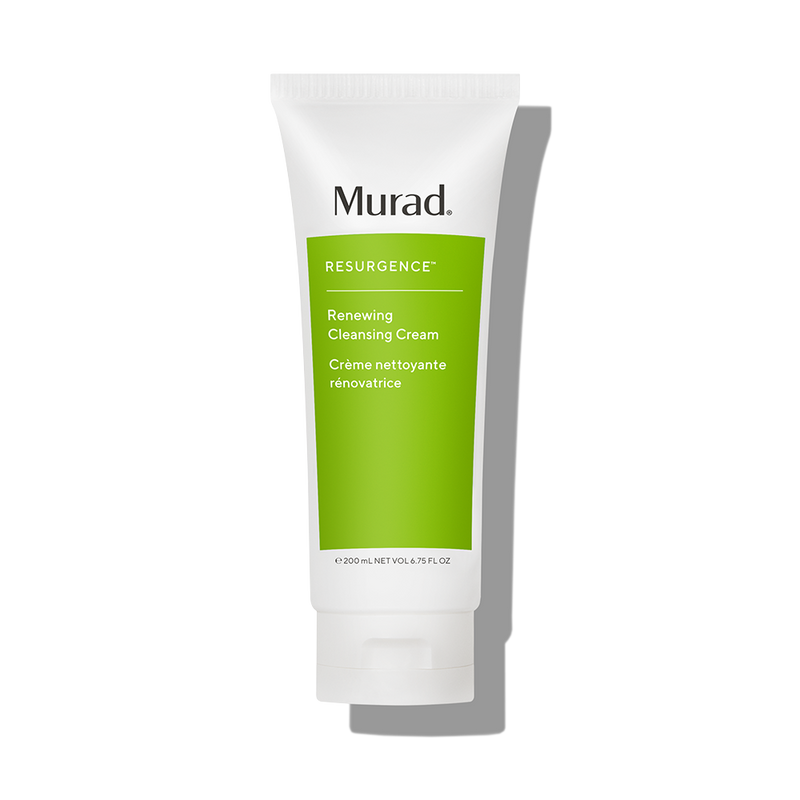Two women, two takes: Is work-life balance possible in America?

As nuanced of a concept it is, work-life balance is still a top priority (and juggling act) for many. For working mothers, of which there are 23.5 million, it can be especially difficult. Do you trade extra nighttime cuddles with your little one for getting a jumpstart on tomorrow’s workday? Does the company dinner take a backseat so that you can take that vacation? The truth is, when it comes to working and living, the line is blurry.
In honor of Women’s History Month, we spoke with two women who are on opposite sides of the coin: Indiana-based children’s book author, motivational speaker and Senior Executive Director for Campus Career and Advising Services at IUPUI Tradara McLaurine, 36, believes work-life balance doesn’t exist while Texas-based strategist, speaker and author Suzanne Brown, 47, thinks it’s absolutely doable.
The case against work-life balance: “Trying to achieve it is trying to control life”
How have you attempted to achieve work-life balance in your life?
Tradara: Prior to becoming a working mother, I believed that work-life balance was achievable. I used calendars and to-do lists, and PTO could easily be used for vacations and selfcare. However, after having my first child I quickly realized that while these tools helped, balance no longer existed.
During one of the biggest career events at my company, I received a call from daycare that my child had a fever and I needed to pick her up. In that moment, I had to choose to put on my mother hat: None of the tools I had in place kept me balanced. I had to choose.
Has attempting to achieve work-life balance caused tension or stress in your life, relationships or work performance?
Tradara: Yes. I never felt like what I was doing was enough. Any time I was pulled from one direction to another, I felt the need to overcompensate for what I missed. Going through this added stress because I felt as if I was constantly moving and never recharging. Life is unpredictable. We cannot control it, we can only experience it. Trying to achieve work-life balance is trying to control life.
Do you think our “work” and “life” are constantly on an imbalance?
Tradara: They conflict with each other. When you’re at work you’re giving up something else. Depending on the value work plays in your life it may feel as if you’re sacrificing or compromising. When I think of balance I imagine a scale, balance beam or a tightrope. With all three of those items, you have to remain still to balance. We have moments of stillness but being in a constant state of stillness for a long period of time isn’t sustainable.
Talk about your belief in work-life integration. What does this look like for you in your life?
Tradara: It’s a puzzle. Each piece looks different, but it all fits together. In my life it looks like using my entire week to accomplish the task at hand. While there are certain responsibilities that have time restrictions, I allow the remainder to be more fluid, which eliminates the stress of completing items on a schedule. I also redefined what constitutes an emergency. There are things that can wait until tomorrow. There are things that others can do.
How do you handle work-related emails/texts after hours and on weekends?
Tradara: As a working mother, I’d rather eat lunch at my desk while working so that I can get off on time and be an attentive parent in the evening. If I have a deadline or if I don’t complete the work I had planned for that day, I’ll work in the evening after the kids go to sleep. Sometimes we need breaks during the week, and even during the workday. I think we stress ourselves out by confining our lives to a distinct work schedule with little to no flexibility.
The case for work-life balance: “You’ll be more satisfied with your life as a mother and professional”
What does work-life balance mean to you?
Suzanne: Work-life balance is a long-term approach to life. This mindset empowers me to find time over the long term for things I care about such as my family, work that I enjoy, time for myself, travel and specific opportunities to give back to my community. It’s not an equal split each day. The idea is to allow the sway between these things, knowing that over time, I have enough time and space to engage them all in a meaningful way at different moments.
Why do you believe work-life balance is important (especially as it relates to working mothers)?
Suzanne: If we remove the unrealistic expectation of a 50/50 split between work and life each day, a focus on work-life balance enables us to be at our best. As working moms especially, we take away the pressure to be all things every day. Work-life balance lets you find the time for the things you care about, each in its own moment. You’re present, intentional with how you spend your time, and ultimately more content, confident and satisfied with your life as a mother and professional.
Why are boundaries important?
Suzanne: Without boundaries, everything related to work-life balance is harder. Boundaries give you the mental space and time to get things done. Say no so you can say yes to other things that are more aligned with what’s important to you. It’s not only the boundary between work and life. Boundaries can help you map out your time. For example, a boundary can be that you exercise first or ensure that you find time for your evening rituals. Essentially, you can create boundaries around activities or time blocks. And you need boundaries at work and at home.
Many people find their work will suffer if they ever fully disconnect to enjoy “life” (for instance, on vacation). What’s your take on this and how do you personally handle vacations?
Suzanne: There are times when you cannot fully get away because of busy times at work. Ideally, you don’t vacation during those times so you can actually step away from it all while on vacation. Know that when you fully disconnect, you often come back recharged. You’re more productive and able to take on what work throws at you.
In contrast, many people find their personal life will suffer if they’re always switched on at work. What’s your take on this and how do you handle busy seasons of work?
Suzanne: There are still small shifts you can make in busy times. Maybe you really focus on work during the workweek, so you’re fully present on the weekends in your busy season. Focus on being present when it’s not work time, maybe even leaving your phone in another room.
If you’re afraid you’ll miss something at work, define emergencies with your manager, client, team, suppliers or anyone else who touches a project. That way, you all know when someone needs to interrupt your personal time. And if you’re traveling for fun during a busy season, consider checking email once or twice a day and let people know to flag urgent things to get your attention (e.g., “response requested by X day” in the subject line).
How do you handle work-related emails/texts after hours and on weekends?
Suzanne: I might write an email in the evening or on the weekend, especially if I know there is a busy day ahead. I either save the draft and send it out in the morning or schedule the email for the next day. I don’t want clients to get into the habit of thinking that I will work at 8 pm if it’s not an emergency. Know the difference between an emergency and a manager sending out an email because he or she is a night owl. One needs your immediate attention; the other can wait until morning.
The views expressed in this article do not necessarily represent the views of Murad, and are for informational purposes only, even if the advice of physicians and medical practitioners are included. This article is not a substitute for professional medical advice, diagnosis or treatment, and should not looked be considered specific medical advice.
References for this information:
US Census Bureau Website, Grow






